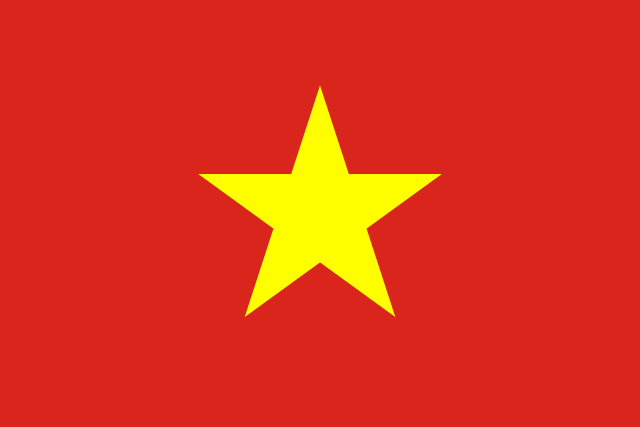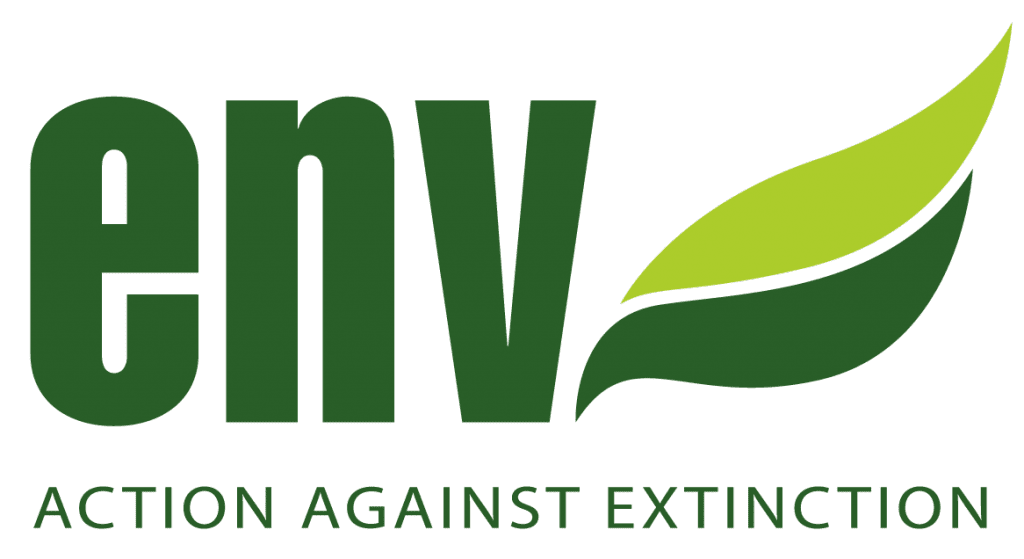Hanoi, October 22, 2024 - Education for Nature - Vietnam (ENV) hosted the "Ending Bear Farming in Vietnam: The Road to Victory" press conference in Hanoi, to reflect on and celebrate significant milestones in the journey towards ending bear bile farming in Vietnam.
Nineteen years ago, in 2005, the Ministry of Agriculture and Rural Development (MARD), in a joint effort with World Animal Protection (WAP), launched a groundbreaking initiative to phase out bear bile farming in Vietnam. As part of this campaign, MARD issued Decision 02/2005/QD-BNN, requiring the registration and microchipping of all captive bears for identification. Any new bears without microchips would be confiscated. These efforts were joined by NGOs like ENV, Animals Asia Foundation (AAF), Four Paws, and Free The Bears, which focused on rescuing bears, supporting law enforcement agencies to address bear crime, reducing bear bile consumption, and encouraging bear owners to voluntarily transfer their bears to rescue centers.
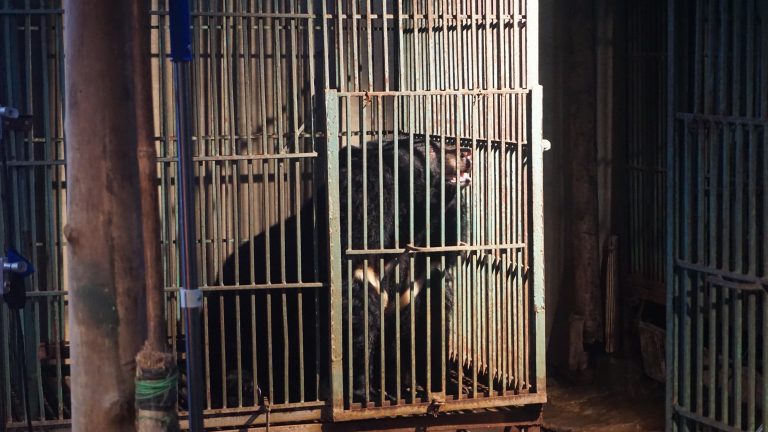
“Registering and microchipping captive bears was one of the first crucial steps conducted in 2005, as part of our strategy to phase out bear bile farming in Vietnam,” says Maya Pastakia, Campaign Manager at World Animal Protection. “It has been a very long journey but like many others who have been working hard on this issue, we are very proud to see that bear bile farming will soon be completely eliminated in Vietnam,” continues Mrs. Pastakia.
After nearly 20 years of sustained efforts, the number of bears at bile farms plummeted by 95%, from approximately 4,000 bears in 2005 to just 192 bears, as of August 2024. As a result, 46 out of 63 provinces and cities in Vietnam can claim the “bear-free” status, with no bile bears remaining in captivity.
National and provincial Forest Protection Departments (FPD) have been playing a central role in phasing out bear bile farming, including registering, microchipping, and regularly monitoring captive bears, as well as enforcing the law.
“We appreciate the level of commitment by governmental agencies and law enforcement authorities, especially the hard work conducted by provincial FPDs,” says Ms. Bui Thi Ha, ENV Vice Director. “We would not be here today without their persistent efforts over the past 19 years,” continued Ms. Ha. In particular, Lam Dong was championed for their persistent efforts to persuade bear owners to surrender their bears, making it one of the first bear-free provinces. Meanwhile, Binh Duong FPD was championed in successfully transferring 94 bears from bile farms to sanctuaries.
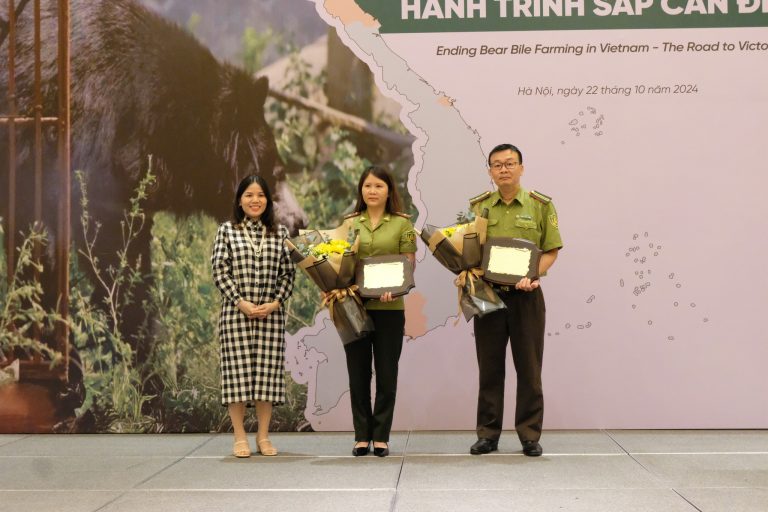
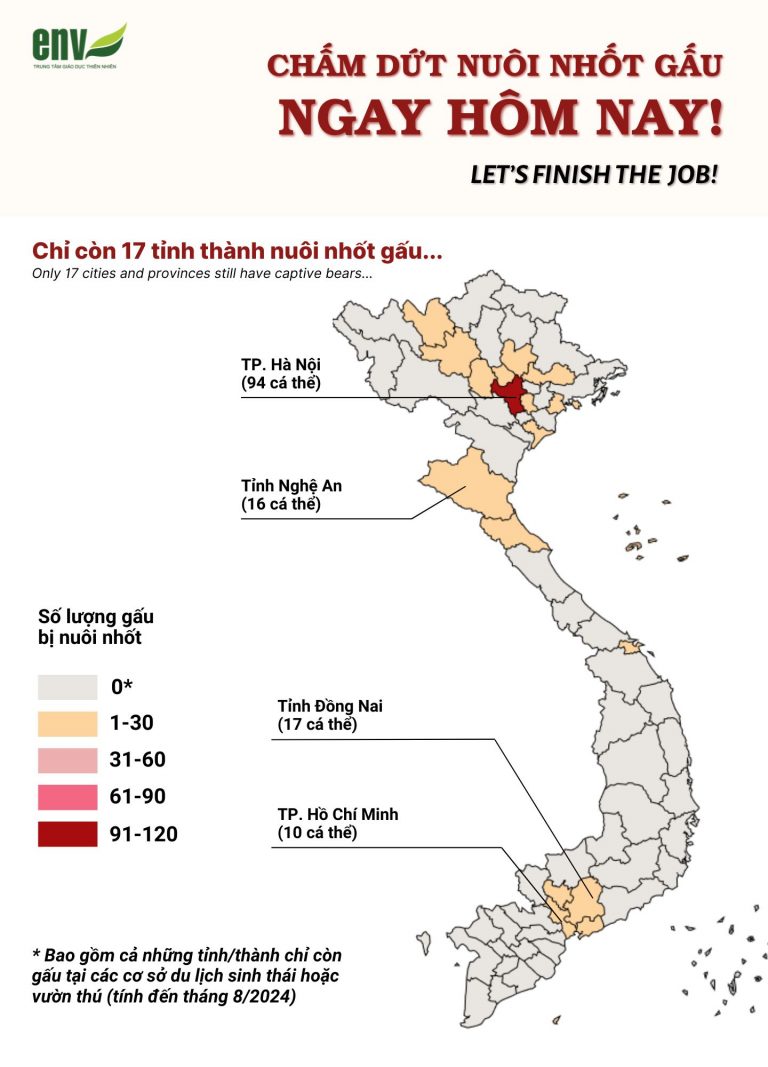
In contrast, Hanoi continues to be Vietnam’s largest remaining hotspot for bear farming, with 49% of the nation’s total bears still on bile farms. As of August 2024, 94 bears are being kept on 16 bear bile farms in Hanoi, with 94.7% of these bears located in Phuc Tho district alone.
“It is encouraging to see that Hanoi has made some initial progress in addressing bear crime and transferring a small number of bears to rescue centers. However, with the ending of bear bile farming in sight across the country, it is more imperative than ever that the Hanoi authorities urgently take decisive action to put an end to the practice of bear bile farming in the nation’s capital,” continued Ms. Ha.
A series of actions that authorities, especially in Hanoi, can take to achieve victory and fully eliminate bear bile farming in Vietnam includes strengthening monitoring and inspections of bear bile farms, taking immediate and decisive action to confiscate bears if violations or illegal animals are found, and ensuring strict prosecution and punishment for serious violations.
Moreover, authorities should make a determined and successful effort to encourage remaining bear bile business owners to voluntarily transfer their bears to authorities without compensation.
Law enforcement must also rise to the challenge posed by the emergence and rapid growth of online markets advertising and selling bear products and other wildlife, particularly on Facebook.
“Convincing bear owners to give up their bears is difficult, but with determination and political will, all provinces in Vietnam can achieve this goal. To expedite the end of this cruel and illegal industry, provinces with remaining bear bile farms should promptly transfer all 192 remaining bears to appropriate rescue and sanctuary facilities,” concluded Ms. Ha.
More details on the current state of the bear trade in Vietnam, can be found in the State of the Trade report, while ENV’s Bear documentary highlights key milestones from the 20-year journey toward ending bear bile farming in the country.
